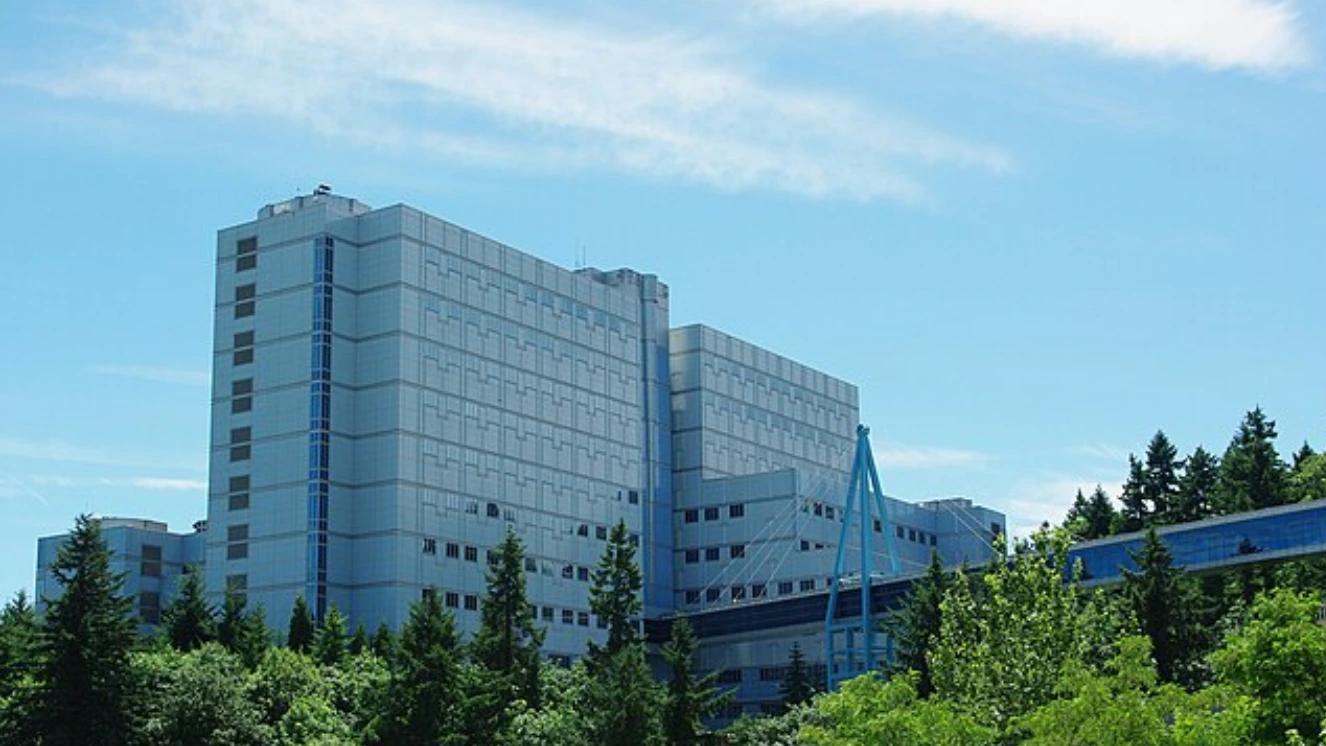LIMA SITE 85: SECRET HISTORY, RECOVERY EFFORTS, AND HIKING TRAILS

During the Vietnam War, jungle warfare was all around. However, several mountains in the region also had their fair share of action. Lima Site 85 didn’t officially exist until it was declassified in 1998. It would go by the code LS 85 during the war. Perched high above, this secret base was supposed to be safe but would ultimately fall in battle. Today, it's a popular place to hike for tourists who aren’t afraid to get creative. There are still remains and plenty of leftover pieces of military equipment throughout the area with ongoing efforts to bring those who lost their lives home.
The Rise and Fall of Lima Site 85
Lima Site 85 was a collaboration between many forces, all on the same side fighting against Communist forces in the area. The covert U.S. Air Force radar station atop Phou Pha Thi (Phathi), a mountain in Laos, was used during the Vietnam War to guide bombers. In addition to assisting on bombing runs, LS 85 also played a key role in Project Heavy Green. This aimed to disrupt enemy supply routes along the Ho Chi Minh Trail. The site held members of the CIA-led Hmong "Secret Army," the U.S. Air Force (USAF), and the Royal Lao Army. Each organization was heavily involved in helping fight against North Vietnamese targets with covert operations. In 1966, the TACAN radar was installed to improve navigation and bombing accuracy and a year later, Lima 85 was responsible for directing 507 bombings against Communist forces in the area. However, on March 10, 1968, despite being high above where most fighting occurred and in less-than-hospitable conditions, the base would face a battle it could not overcome. Known as the Battle of Lima Site 85 or the Battle of Phou Pha Thi, North Vietnam and the Pathet Lao, attacked the mountain. At the end of it all, more Airmen died during this single battle on the ground than any other during the Vietnam War. Chief Master Sgt. Richard Etchberger was among those who passed away during the battle. He even earned the Medal of Honor while helping others escape and defending his post. However, he wasn’t officially awarded the medal until 2010. This is because the operations taking place were classified all those years.
Ongoing Recovery Efforts at LS 85
Despite the heroics of men such as Etchberger, not everyone made it off of the Phou Pha Thi mountain. For decades, efforts from civilians, the Defense POW/MIA Accounting Agency (DPAA), and others have been working to bring home the 11 Americans who never made it back. Bones have been recovered before as some bodies were thrown from Lima Site 85 and now lie on ledges below. Because of the difficult landscape, recovering the remains of Americans isn’t exactly an easy job. Thus, efforts often are at the mercy of the right conditions to even make an attempt. Teams have even trained at the U.S. Marine Mountain Warfare Training Center in preparation for recovery efforts due to the nature of such rescues. But their efforts have paid off in the best ways as more and more Americans continue to make their way back to the United States. Since 2003, three Americans have been brought back with the latest, Sgt. David Price, being confirmed in 2024.
These Days, Lima Site 85 Can Offer You a Bit of Adventure
Before you can schedule your visit, you’ll need to get permission from the Tourism Board in Xam Neua to climb Lima Site 85. With that being said, travel blogs of people who have made the hike are noting that the Laotian army is there. For about 25,000 to 50,000 kip ($1.13 to $2.16) per person, you’ll be able to hike up. It’s not exactly the easiest hike but also not the most difficult, featuring paved trails. Be sure to hydrate before and to bring plenty of water as it's scarce in the area. Lima Site 85 still has plenty of equipment left over from the war and if you do find remains, contact the DPAA to help bring our heroes home. Suggested reads:
- Karshi Khanabad Air Base Toxic Exposure Veterans Benefits
- Spencer Collart Died a Hero, Now He’s Receiving an Award
- The Legacy of Famous Amos Is More Than Just Cookies
Image Source: Wikimedia Commons
JOIN OUR NEWSLETTER



